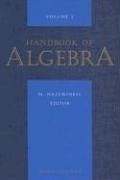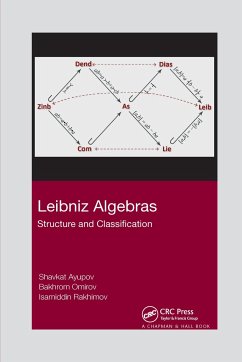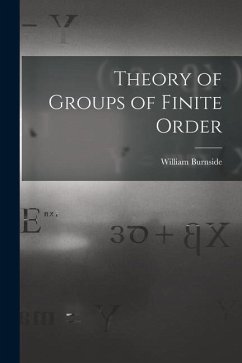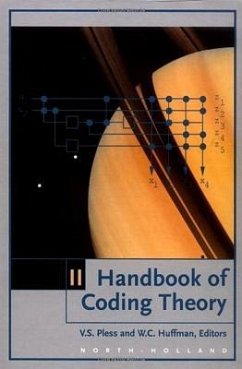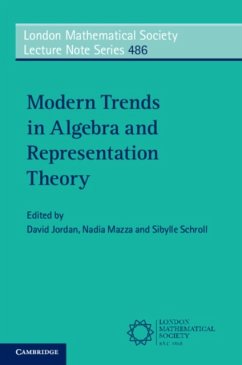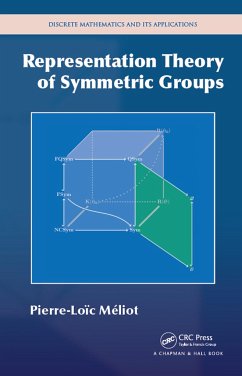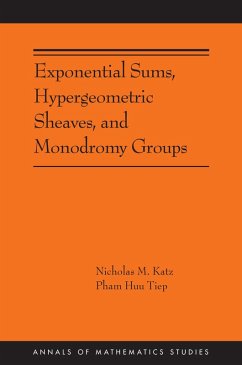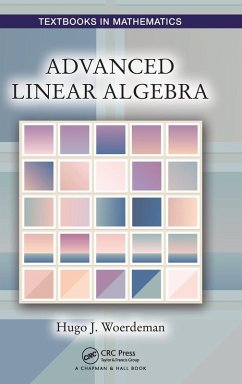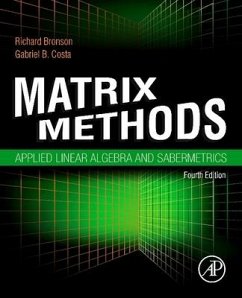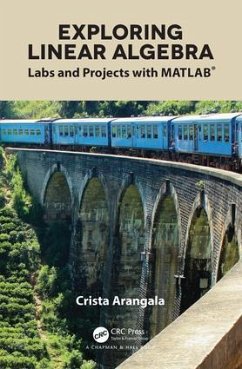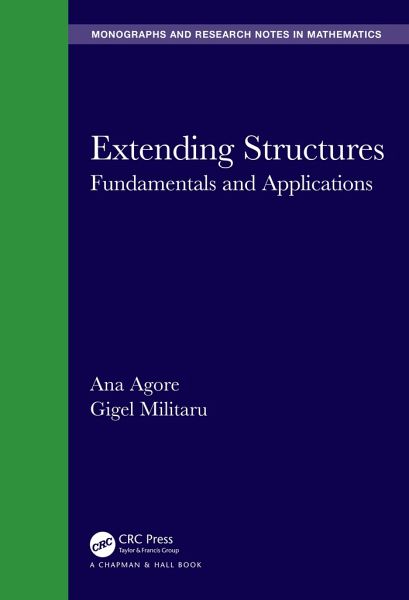
Extending Structures
Fundamentals and Applications
Versandkostenfrei!
Versandfertig in 6-10 Tagen
170,99 €
inkl. MwSt.
Weitere Ausgaben:

PAYBACK Punkte
85 °P sammeln!
Extending Structures: Fundamentals and Applications treats the extending structures (ES) problem in the context of groups, Lie/Leibniz algebras, associative algebras and Poisson/Jacobi algebras. This concisely written monograph offers the reader an incursion into the extending structures problem which provides a common ground for studying both the extension problem and the factorization problem.FeaturesProvides a unified approach to the extension problem and the factorization problemIntroduces the classifying complements problem as a sort of converse of the factorization problem; and in the ca...
Extending Structures: Fundamentals and Applications treats the extending structures (ES) problem in the context of groups, Lie/Leibniz algebras, associative algebras and Poisson/Jacobi algebras. This concisely written monograph offers the reader an incursion into the extending structures problem which provides a common ground for studying both the extension problem and the factorization problem.
Features
Provides a unified approach to the extension problem and the factorization problem
Introduces the classifying complements problem as a sort of converse of the factorization problem; and in the case of groups it leads to a theoretical formula for computing the number of types of isomorphisms of all groups of finite order that arise from a minimal set of data
Describes a way of classifying a certain class of finite Lie/Leibniz/Poisson/Jacobi/associative algebras etc. using flag structures
Introduces new (non)abelian cohomological objects for all of the aforementioned categories
As an application to the approach used for dealing with the classification part of the ES problem, the Galois groups associated with extensions of Lie algebras and associative algebras are described
Features
Provides a unified approach to the extension problem and the factorization problem
Introduces the classifying complements problem as a sort of converse of the factorization problem; and in the case of groups it leads to a theoretical formula for computing the number of types of isomorphisms of all groups of finite order that arise from a minimal set of data
Describes a way of classifying a certain class of finite Lie/Leibniz/Poisson/Jacobi/associative algebras etc. using flag structures
Introduces new (non)abelian cohomological objects for all of the aforementioned categories
As an application to the approach used for dealing with the classification part of the ES problem, the Galois groups associated with extensions of Lie algebras and associative algebras are described




